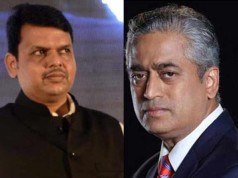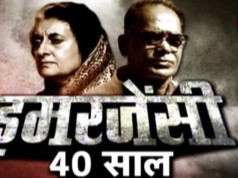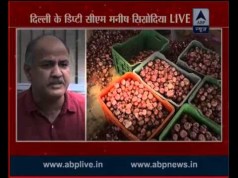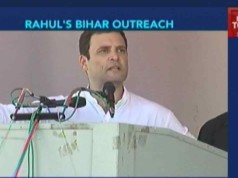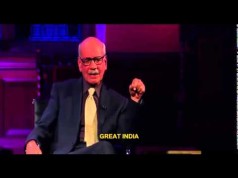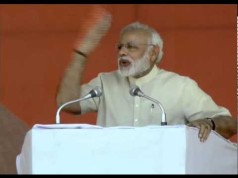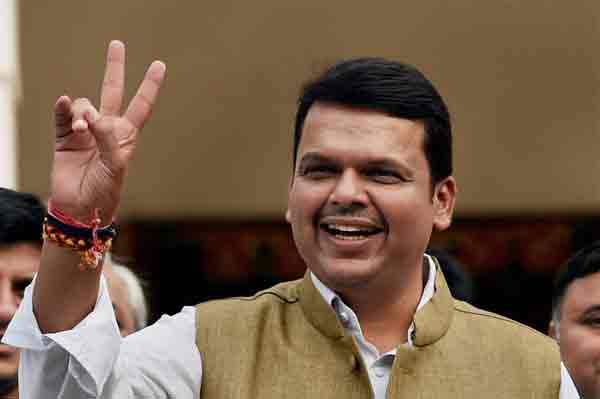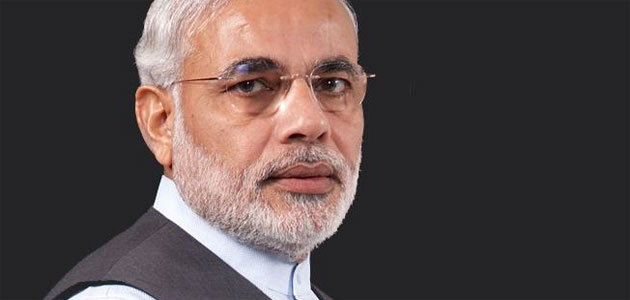
BJP prime minister candidate Narendra Modi has, in his first significant speech on foreign policy, has strongly pitched for different states to be allowed a bigger say in strategizing and building the Brand India.
Delivering a lecture in Chennai a day ago, he argued that India’s inherent economic strengths of different states would have to be factored for an effective foreign policy.
Modi’s aides say his proposal was not so much about individual states deciding India’s foreign policy or having their own policy but about New Delhi tailoring its strategy in consultations with the states as each of their economic issues are bound to play a bigger role.
Drawing from experience in promoting Gujarat abroad, Modi is clear that “New Delhi-centric” approach won’t work the best in future, the aides say.
“Often, the Ministry of External Affairs is not fully seized of issues that affect the states. Our missions do not have a clear perception of each state’s inherent strength that can be showcased.”
Ideally, Modi thinks that India will have to offer its best to attract the world attention. He would like the state governments to be invited to the meetings of heads of Indian missions and embassies, which are held periodically,” they say.
That will help the states to build their capacities, expertise and specialtion, which will go in a big way to improve the country’s standing as an upcoming economic power.
“There’s no harm if our missions open specialised desks to handle Gujarat, Maharshtra, Bihar or Tamil Nadu to cater to trade inquiries,” a top aide said.
Also, the states that have international borders could be roped in by New Delhi while formulating strategic issues concerning Pakistan, China, Nepal, Bangladesh or Sri Lanka.
Some states have traditional and historical links with some countries, which can be highlighted for better impact on trade relations.
“Gujarat has had trade links with Africa, West Asia, China and Japan. Odisha has a historical relationship with Indonesia, Goa with Portugal, Pondicherry and France and Tamil Nadu with Singapore and Malaysia. Buddhist- circuit states like Bihar can develop better rapport with countries like Japan.”
Often, as Modi found, many of Indian missions abroad were not aware of the economic strengths of different states. “Indian embassies of the future will have to be trade missions in a bigger sense,” his aide added.
Modi’s speak on foreign policy
· India must shed its timidity in dealing with neighbours & must negotiate from a position of strength.
· Vajpayee’s legacy of striking the right balance between strength and restraint is key for the future.
· India’s economy and soft power are principal engines for advancing its strategic interests.
· Leverage states’ cultural and economic strengths to drive foreign policy.
· Let each state be entrusted with developing ties with one country.
· India is not just New Delhi, foreign policy must be driven by people and not politicians
The article is sourced from the Hindustan Times.


